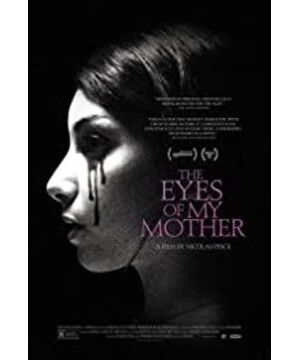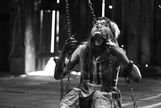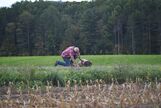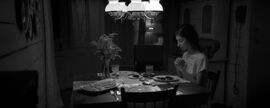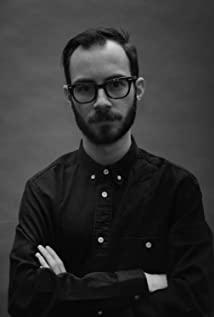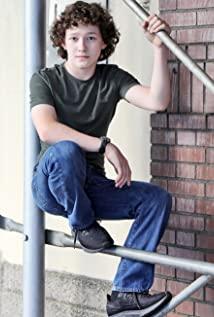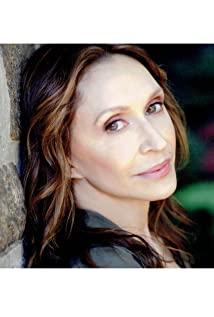Three paragraphs are the logic to get into the nightmare. The first chapter of the film, "Mother". Young Francis lives on an isolated farm with her parents, and as a mother, a former surgeon, teaches Francis the anatomy, they cut the bull's eye and open the intestines in the kitchen, everything seems warm and full of potential. Violence. The arrival of a stranger, Charlie, became the beginning of a nightmare. He killed his mother when his father was out, and what was even more terrifying was that it all happened in front of young Francis. This leads directly to the second chapter of the film: "Father". As an adult, Francis became extremely violent. Apparently, she suffered huge childhood trauma and lacked role models and moral guidance in her isolated pastoral life, which seemed to directly lead to her repeated imitation and copying of the people around her. Including the mother's anatomical behavior before her death, but also the terrible behavior of the stranger Charlie to his mother.
Pais' deconstruction of violence is brilliant, and a great deal of it is deftly kept off-screen. Some continuous voices or deliberately removed pictures let us directly see the consequences caused by the perpetrators: the action of cutting off the eyes of the mother-killer is omitted, from "what are you going to do", directly to Francis turning away, Leaving a blind and silent "playmate" in the basement (00:16:48); the Asian girl who has fled to the door in a hurry, the next shot cuts directly to Francis wiping off the blood on the ground (00:37:30); Through the legs of the boy's mother, in a certain angle of shot, we can only see that Francis is suturing something. As the camera goes up, the image of a mother who can't open her eyes and can't shout, creates the most difficult part of the film. One of the repressed passages, surrounded by the cries of her children (00:54:35).
The perfect 43rd minute: Through the neatly divided glass, we see Francis in the distant view calmly walking towards his enemy, playmate, and lover, and the next shot cuts directly to the close-up view (the effect of insects in the silent country night is also sudden. From indoor to outdoor), Francis stabbed the knife without hesitation: "You're right, it feels great."
The ominousness caused by the minimalist composition is completely better than any bloody image - "There is no need for a blood-red visual effect to make people feel trembling or nervous, the black and white world is distorted enough."
In has retracted In the foreign media evaluation of , [Mother's eyes] is often attributed to a dark version of [Hunter's Night]. "Those American films of the 1950s and 1960s had a huge impact on me, [Night of the Hunter], [Psycho], and those films by the great William Castle, I hope [Mother's Eyes] It's going along the mentality of [Hunter's Night]. Because it has a scary tone, it's so sad that this story is about kids locked up at home and going out into the world. They also use violence and horror elements, But it’s still essentially family drama, with violence to heighten emotional tension. God, this movie is so dark, I can’t stop talking about it.”
As the mother says in the prologue (00:03:02): "Saint Francis lived alone in the woods for many years, and one night he saw an angel burning in the sky. When he woke up, there was a stigmata. But loneliness does strange things to the mind In the end, he died of eye disease, and loneliness can lead to mental illness."
Francis, trapped in a cycle of violence, could well be seen as an interpretation of a distressed mental patient. In the isolated farm, Francis repeats the anatomical knowledge his mother gave her over and over, and implements it on two innocent people; the silent father acts as an accomplice and spectator of her violent behavior, so Francis dances and watches over his father's corpse. Next; as a child, Francis asked Charlie two questions in the basement, "Why us?" "Why did you do this?" Charlie's answer was: "Because you let me in" "It feels great". The two answers in turn affect Francis - in the third chapter of the film, "Family", Francis randomly selects a mother and son, and brutalizes the mother, robs her son, and forms a family with them. The Son of Francis steps into the barn again, and the film once again explores the child's naive fascination with violence.
And those poetic moments when Francis tries to slide into the bathtub with his father's body, imagining himself hugging his dead father. The passage of "digging a grave and embracing my mother" finally becomes the final scene. At this moment, the pained Francis seems to be hanging on the brink of a nightmare. But nightmares all come from broken reality. (text_open)
Originally published in "Watching Movies" magazine, next November, special attention. There are deletions.
View more about The Eyes of My Mother reviews


